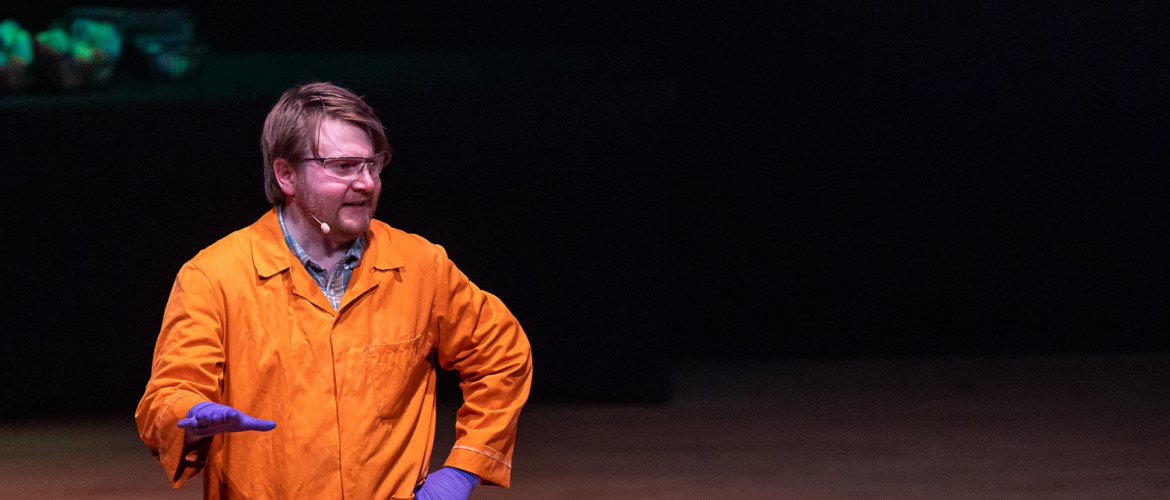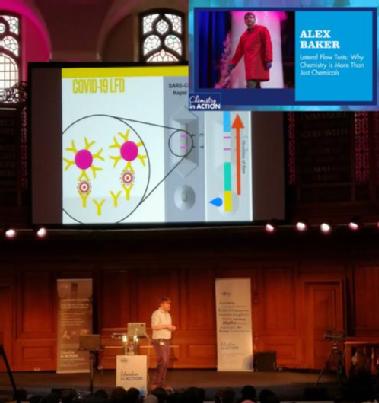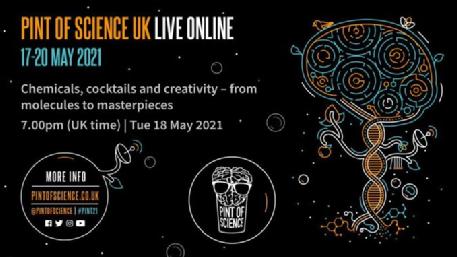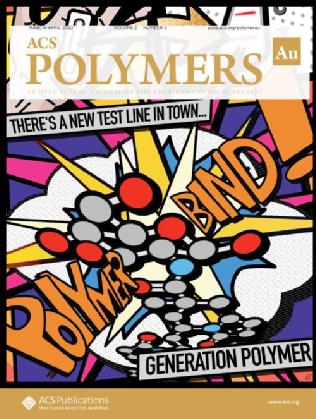Dr Alex Baker

Dr Alex Baker
Assistant Professor
Alex is the lead of the Baker Humanitarian Chemistry Group (BHCG). BHCG's research is focused on creating and developing chemical solutions to humanitarian challenges impacting marginalised groups.
Affiliations
Royal Society of Biology: Member (MRSB)
Royal Society of Chemistry: Member (MRSC)
Higher Education Academy: Fellow
Biochemical Society: Member
Warwick International Higher Education Academy: Alumni Fellow and Member
Warwick Institute of Engagement: Senior Foundation Fellow
Biography
Alex grew up in Essex, attending Westcliff High School for Boys for his GCSEs and A-Levels (Biology, Chemistry, Physics and History). He received his first class undergraduate masters degree in Chemical Biology from the University of Warwick Department of Chemistry. His final masters year thesis focused on glycosylation systems in prokaryotes as homologues of eukaryotes, under the supervision of Dr. M. Tosin. This work involved structural and functional studies utilising site-directed mutagenesis and activity assays.
Alex's PhD was under the supervision of Prof. M. Gibson in 2017 with industrial collaborators Iceni Diagnostics. The PhD was funded by Iceni Diagnostics and the BBRSC as an MIBTP iCase studentship and split between the Department of Chemistry and School of Life Sciences. During this time, Alex served as member of the Postgraduate Student Staff Liason Committee for Chemistry and an MIBTP student representative for the University of Warwick iCase programme. In November 2017, Alex became the Postgraduate Research Representative for the Faculty of Science at the Univeristy of Warwick and was elected in March 2018 to represent the newly formed Faculty of Science, Engineering and Medicine. He was re-elected in 2019 and 2020. Alex has also undertaken a three month mini-project (January-March, 2018) at the University of Birmingham in the research group of Dr. F. Fernandez-Trillo. The project focused on producing glycopolymers for lectin agglutiniation studies.
During the UK COVID-19 lockdown (March 2020 to July 2020) Alex's research was applied to tackling the problems of COVID-19 diagnosis. By applying his research, Alex and other key workers in the Gibson Group (and colleagues in Physics, the Medical School and Iceni Diagnostics) were able to prove that the proteins on the SARS-COV-2 coronavirus could be sensed in a rapid lateral flow device. This was the first published lateral flow test (a "lateral flow glyco-assay") to use only carbohydrates ("antibody-free") as sensing units and highlighted that glycans can be used to target SARS-COV-2. This work was later applied to sense the virus in patient samples, in collaboration with the NHS.
Alex is currently a Leverhulme Early Career Fellow. His research for the fellowship is focused on making robust diagnostic devices to explore the binding of snake venom proteins.
Alex has a particular interest in improving student mental health, encouraging faculty outreach and raising the profile of teaching. His work has seen the introduction of a robust pastoral system for all PhD/PGR students and the passing of maternity/paternity leave for all funded and part-funded PhD students.
Alex is a Fellow of the Higher Education Academy and Warwick International Higher Education Academy (WIHEA) for his contributions to teaching, learning and the student experience. WIHEA is an academy of educators engaged in developing high quality learning and teaching at the University of Warwick. Alex has also been awarded a Warwick Institute of Engagement (WIE) Senior Fellowship for his work in outreach and public engagement.
Fellowships, Grants and Bursaries
- Leverhulme Early Career Fellow
- EPSRC Impact Acceleration Account
- BBSRC-funded MIBTP program
- iCase Scholarship with Iceni Diagnostics Ltd.
Awards
2023- Leverhulme Early Career Fellowship
Glycan (sugar)-protein interactions are fundamental in biology: however, they are difficult to dissect, requiring centralised high-resolution spectroscopy/spectrometry or arrays with labelled (non-native) protein probes. This is exemplified by the understudied snake venoms, which are known to contain glycan binding proteins (lectins), in potentially more than 200 species. The role of these lectins is not understood, and their biotechnology potential not deployed. This fellowship will develop unique glycan nanoscale probes (nanoprobes) which can be used with native and un-purified venom to identify new lectins and decode their binding capability to open a new frontier in venom glycobiology.
- MIBTP Doctoral Career Development Fellowship - Integrating Public Engagement into Research-Focused Roles: New Rapid Diagnostics for Snake Bites (2022)
Every 5 minutes 50 people are bitten by a snake worldwide, 4 will be permanently disabled and 1 will die. Snake envenomation is a neglected tropical disease. This fellowship aims to help fix this not only through research but public engagement too. It hopes to show the value of integrating substantial public engagement activities into the activities of researchers. The research aims to take the initial steps towards developing a glyco-polymer-based rapid diagnostic for snake bites alongside substantive public engagement activities to raise the awareness of snake envenomation as an under-studied and under-resourced neglected tropical disease.
2022
- RSC Horizon Prize winner, 2022
- Global Young Scientists Summit (GYSS) 2022, 10th Anniversary - Participant
- Short listed for inaugural Warwick Awards for Public & Community Engagement (WAPCE)
2021
- Member of the Royal Society of Chemistry (MRSC)
- Fellow of the Higher Education Academy (FHEA)
"For someone at such a junior career stage this is unusual but an indication of the consummate professionalism that infuses the entire application and the supporting statements. There is a keen understanding of the sites of learning outside, as well as within, the classroom."
FHEA Feedback
- Warwick Institute of Engagement (WIE) Foundation Fellow
- Warwick International Higher Education Academy (WIHEA) Alumni Fellow
2020
- Member of the Royal Society of Biology (MRSB)
- Macro Group UK Young Researcher Meeting 2020 Best Oral Presentation Prize
"Towards Rapid COVID-19 Diagnosis - A New Generation of Medical Diagnostics"
- Faculty Representative of the Year Award
- University of Warwick Department of Chemistry, Postgraduate Symposium Talk Prize - First Place
"Out with the Protein, In with the Glycopolymer - A New Generation of Medical Diagnostics"
- University of Warwick, Department of Chemistry, ChemContext - Second place
A competition to produce a poster that frames a topic in your research in the context of the UG curriculum
2019
- Warwick International Higher Education Academy (WIHEA) Fellowship
- Faculty Representative of the Year - Nominated
- Exec of the Year Award - with Postgraduate Exec
- University of Warwick Department of Chemistry, Postgraduate Symposium Poster Prize - First Place
2018
- Faculty Representative of the Year Award
"For having worked tirelessly to promote and amplify the research student voice’, within both the university and the SU. He has successfully formed and maintained partnerships with academic colleagues and has more than deserved this award"
Warwick SU
2017
- Associate Member of the Royal Society of Chemistry (AMRSC)
- Associate Member of the Royal Society of Biology (AMRSB)






